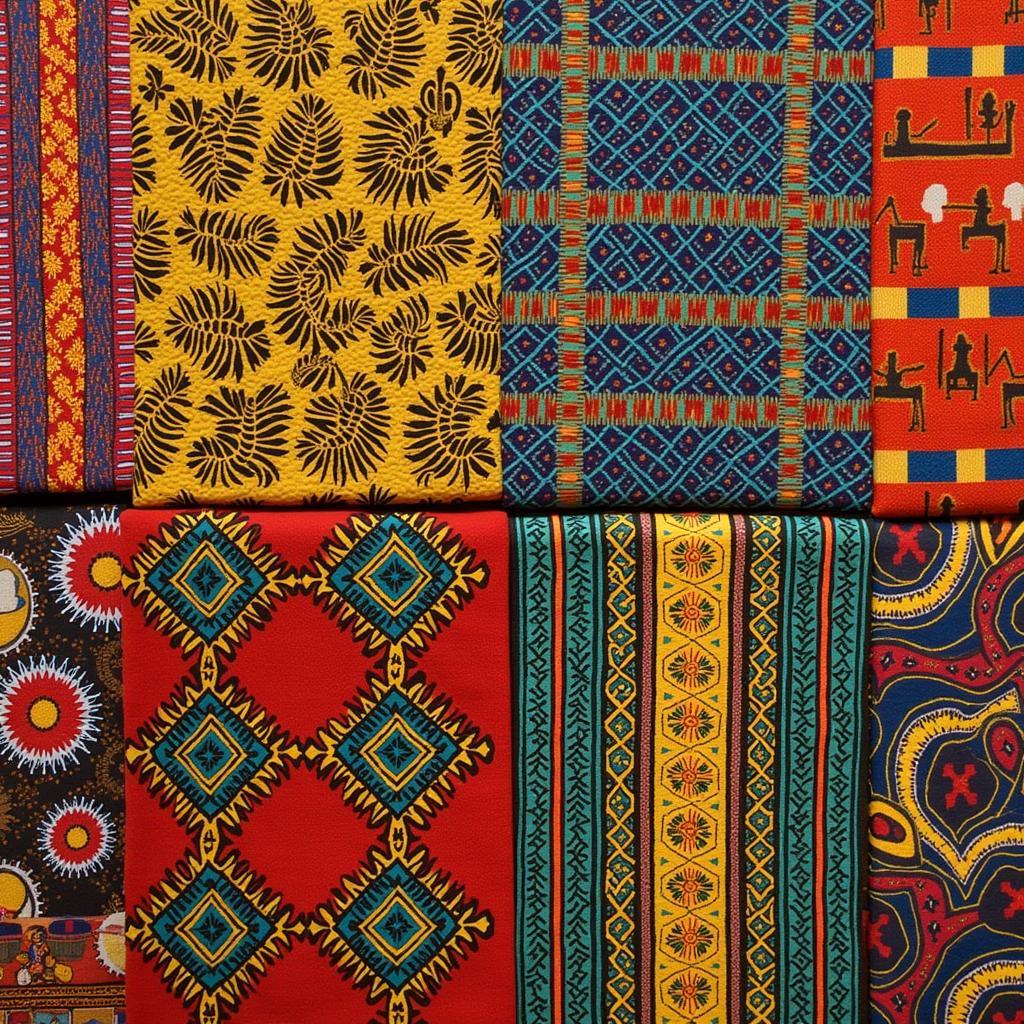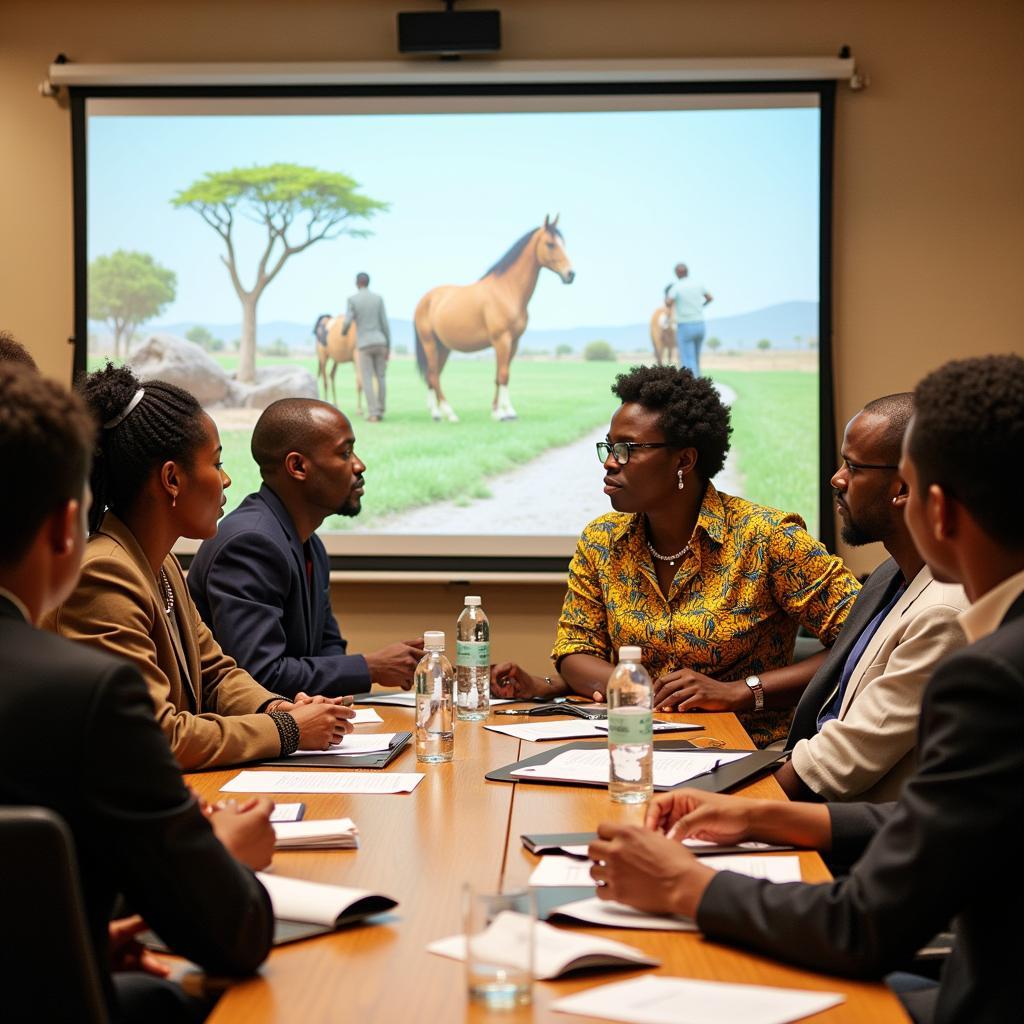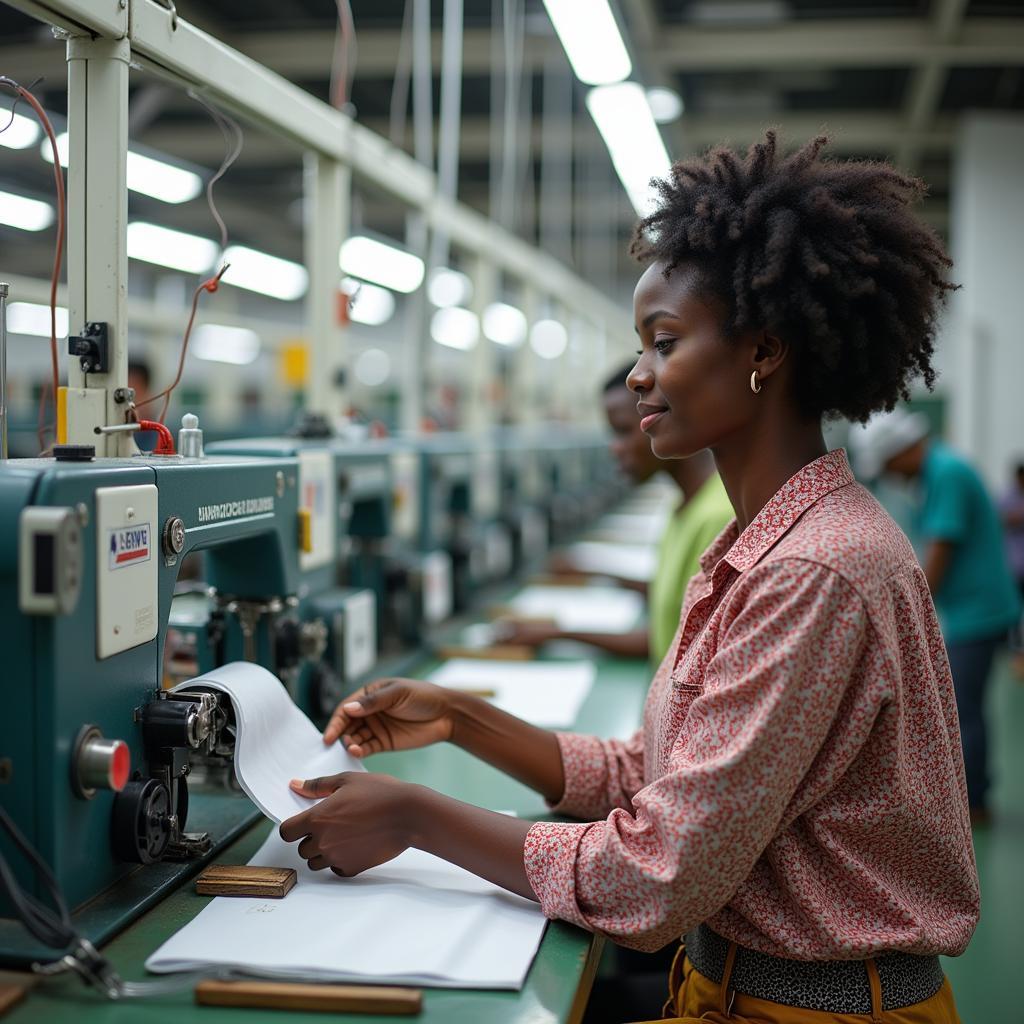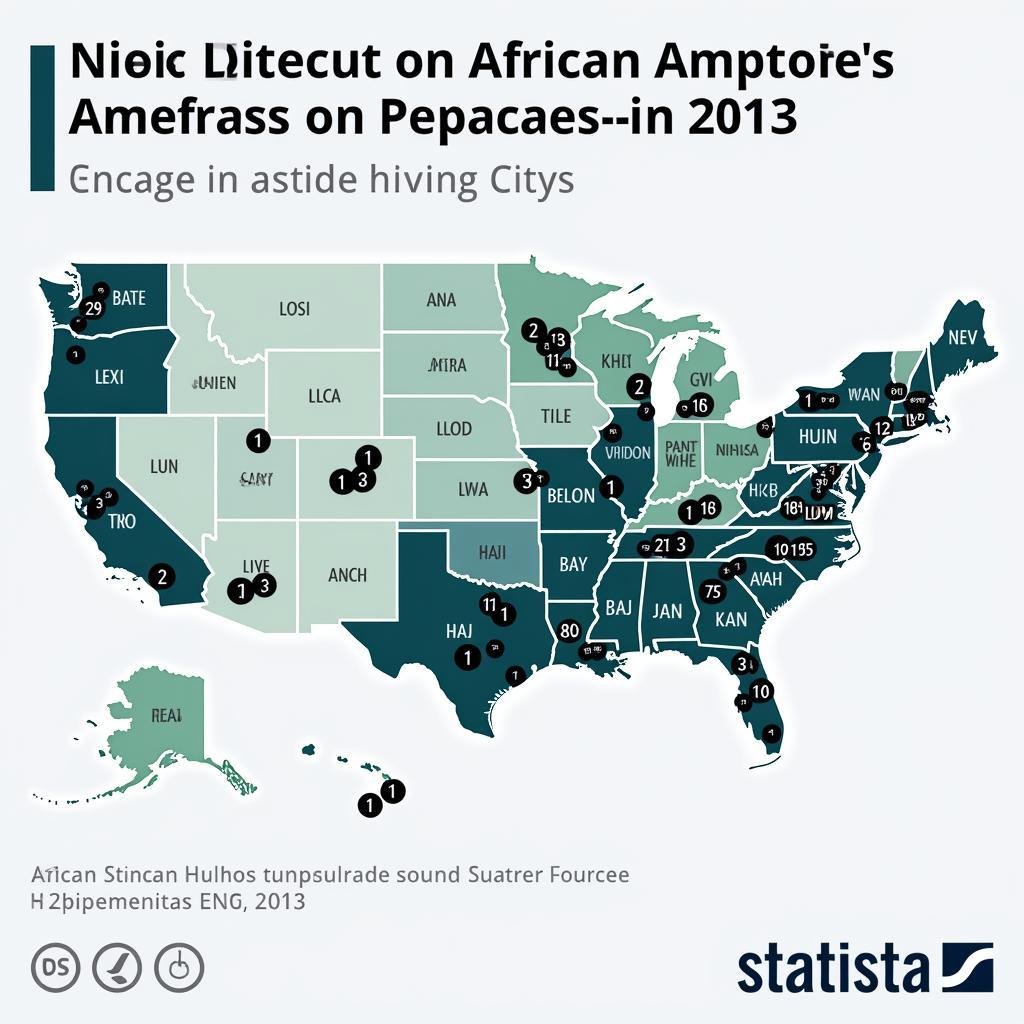Unraveling the Threads: A Deep Dive into the African Cotton & Textile Industries Federation
Weaving a Legacy: The History and Evolution of African Textiles
 Ancient African Textiles: A Tapestry of Tradition
Ancient African Textiles: A Tapestry of Tradition
African textiles boast a rich and vibrant history, dating back centuries. From the intricate kente cloth of Ghana to the mud-resist dyed bogolanfini of Mali, African textiles are renowned worldwide for their unique designs, vibrant colors, and cultural significance. These fabrics often serve as a visual language, conveying stories of heritage, social status, and spiritual beliefs.
The arrival of colonialism in the 19th century brought significant shifts to the African textile landscape. The introduction of mechanized production and the influx of cheaper, mass-produced fabrics from abroad posed challenges to traditional artisan practices. However, African textile traditions proved resilient, adapting to changing times and incorporating new influences.
The African Cotton & Textile Industries Federation: A Force for Unity and Progress
 African Cotton & Textile Industries Federation in Action
African Cotton & Textile Industries Federation in Action
The African cotton & textile industries federation emerged as a vital force in uniting and strengthening the continent’s cotton and textile value chain. Comprising stakeholders from various African nations, the federation works tirelessly to promote the growth, competitiveness, and sustainability of the industry.
Key objectives of the federation include:
- Advocating for favorable policies and regulations: The federation engages with governments and international bodies to create an enabling environment for the cotton and textile sector’s growth.
- Promoting regional trade and integration: Facilitating cross-border trade and fostering collaboration among African nations are crucial for unlocking the industry’s full potential.
- Enhancing value addition: The federation encourages the development of local processing and manufacturing capacities to move beyond exporting raw cotton and capture more value within Africa.
- Improving quality and standards: Maintaining high standards is essential for competing in the global market. The federation works with stakeholders to enhance product quality and ensure compliance with international standards.
- Promoting sustainable practices: The federation recognizes the importance of environmental and social sustainability. It promotes eco-friendly production methods and fair labor practices throughout the value chain.
Challenges and Opportunities on the Horizon
 Modernization and Sustainability in African Textile Manufacturing
Modernization and Sustainability in African Textile Manufacturing
While the African cotton & textile industries federation has made significant strides, the sector still faces numerous challenges:
- Limited access to finance: Many smallholder farmers and textile businesses struggle to secure the necessary capital for investments in improved technology, training, and expansion.
- Infrastructure gaps: Inadequate transportation networks, unreliable electricity supply, and limited access to water pose significant obstacles to the industry’s growth.
- Competition from global players: The African textile industry faces stiff competition from low-cost producers in Asia, requiring enhanced efficiency and competitiveness.
- Climate change impacts: Changes in rainfall patterns and increased frequency of extreme weather events threaten cotton yields and disrupt production cycles.
However, alongside these challenges lie immense opportunities:
- Growing global demand for ethically sourced and sustainable textiles: Consumers are increasingly conscious of the social and environmental impact of their fashion choices, creating a niche market for ethically produced African textiles.
- The rise of e-commerce: Online platforms provide new avenues for African textile businesses to connect with global buyers, bypassing traditional intermediaries.
- The African Continental Free Trade Area (AfCFTA): This landmark agreement presents a unique opportunity to boost intra-African trade and foster regional value chains.
The Future of African Textiles: Weaving a Brighter Tomorrow
The African cotton & textile industries federation plays a vital role in shaping a prosperous and sustainable future for the industry. By addressing challenges, seizing opportunities, and fostering collaboration, the federation can help unlock the vast potential of African textiles, creating jobs, boosting economies, and preserving cultural heritage for generations to come.

